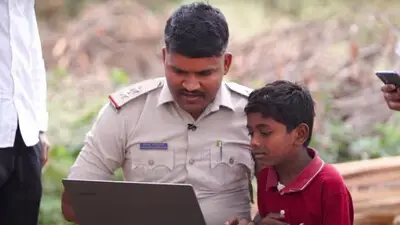Recommended Stories
Bolangir: Cutting across party lines, political leaders today voiced their concern for the displaced villagers of Lower Suktel irrigation project in the district demanding the State government to rehabilitate the affected people as per the new Rehabilitation and Resettlement (R&R) Act enacted in 2013.
In the Rehabilitation and Peripheral Development Advisory Committee (RPDAC) meeting, it was decided unanimously to support the demand of the affected villagers of the project, which has been plagued by protests for years now.
MSME minister and Loisingha legislator Yogendra Behera, senior Congress leader and Bolangir MLA Narasingh Mishra and State BJP president and Patnagarh MLA K.V. Singhdeo, among others, attended the meeting.
“The officials present in the meeting have been urged to recommend the government that it (government) should compensate the displaced people of the irrigation project as per the new Rehabilitation and Resettlement (R&R) Act-2013, which they have been demanding,” Singhdeo said after the meeting.
He said the government must offer the affected people with a better compensation package as they have lost their land for the project conceived in 1996.
Corroborating the views of Singhdeo, Mishra said the new Act will benefit the evacuees. “If the government really wants the project to see the day light, it should not hesitate in compensating the displaced and affected people as per the new Central Act,” Singh said.
However, Behera stated that the State government must commit to pay the differential amount between the old and new R&R policy to the project-hit.
“We will analyse the compensation amount the displaced have received so far as per the previous law and recommend the government to pay compensation to the eligible displaced as per the new Act. After the decision of the government, they will be paid accordingly,” said revenue divisional commissioner (North) N.B.S. Rajput.
Meanwhile, pro-dam activists opined that if it means business at all, the State government should not waste any more time by dithering on the all-important issue of compensation.
The cost of the project has gone up by nearly five times – from the initial estimate of Rs 217 crore in 1996 to Rs 1,047 crore now and any further delay would push its cost even further, they pointed out.












